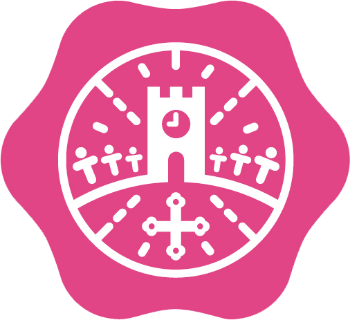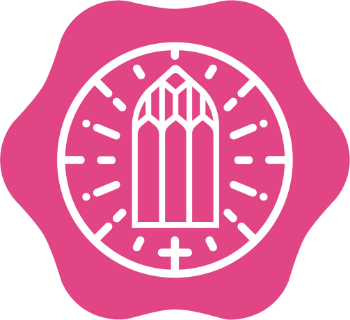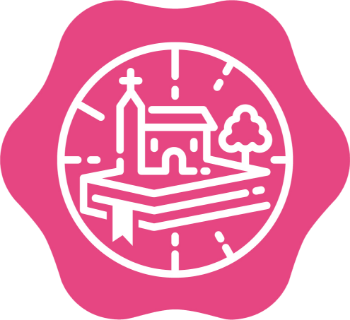
Our Partnership of schools
-

All Saints MarshChurch of England Academy
-

All Saints ThurlestoneChurch of England Academy
-

Bovey TraceyAcademy
-

CharletonChurch of England Academy
-

DartingtonChurch of England Academy
-

DunsfordCommunity Academy
-

EllacombeChurch of England Academy
-

GulworthyAcademy
-

IlshamChurch of England Academy
-

JacobstowCommunity Academy
-

LamertonChurch of England Academy
-

LiftonCommunity Academy
-

MarhamchurchChurch of England Academy
-

St Andrew'sChurch of England Academy
-

St Mark'sChurch of England Academy
-

St Michael'sChurch of England Academy
-

WarberryChurch of England Academy
-

West AlvingtonChurch of England Academy
Learning Academy Partnership
Flourishing Futures

Welcome to
Learning academy Partnership
We are an inclusive School Trust where everything begins and ends with the children. We want to ensure that we have a profound impact on the future lives of our children so that they have choices and options which will enable them to flourish as they go through life. Quite simply, we put children first in all that we do.
We are committed to social mobility by working together as a single School Trust with a shared responsibility for all children, no matter which school they attend, including Church and community schools.

-
0%
Of pupils are proud to attend their School
-
0
Partnership Schools that we are proud to represent
-
0%
Of our colleagues feel there is a strong and positive culture in the School Trust
Our Partnership of Schools


All Saints MarshChurch of England Academy


All Saints ThurlestoneChurch of England Academy


Bovey TraceyAcademy


CharletonChurch of England Academy


DartingtonChurch of England Academy


DunsfordCommunity Academy


EllacombeChurch of England Academy


GulworthyAcademy


IlshamChurch of England Academy


JacobstowCommunity Academy


LamertonChurch of England Academy


LiftonCommunity Academy


MarhamchurchChurch of England Academy


St Andrew'sChurch of England Academy


St Mark'sChurch of England Academy


St Michael'sChurch of England Academy


WarberryChurch of England Academy



